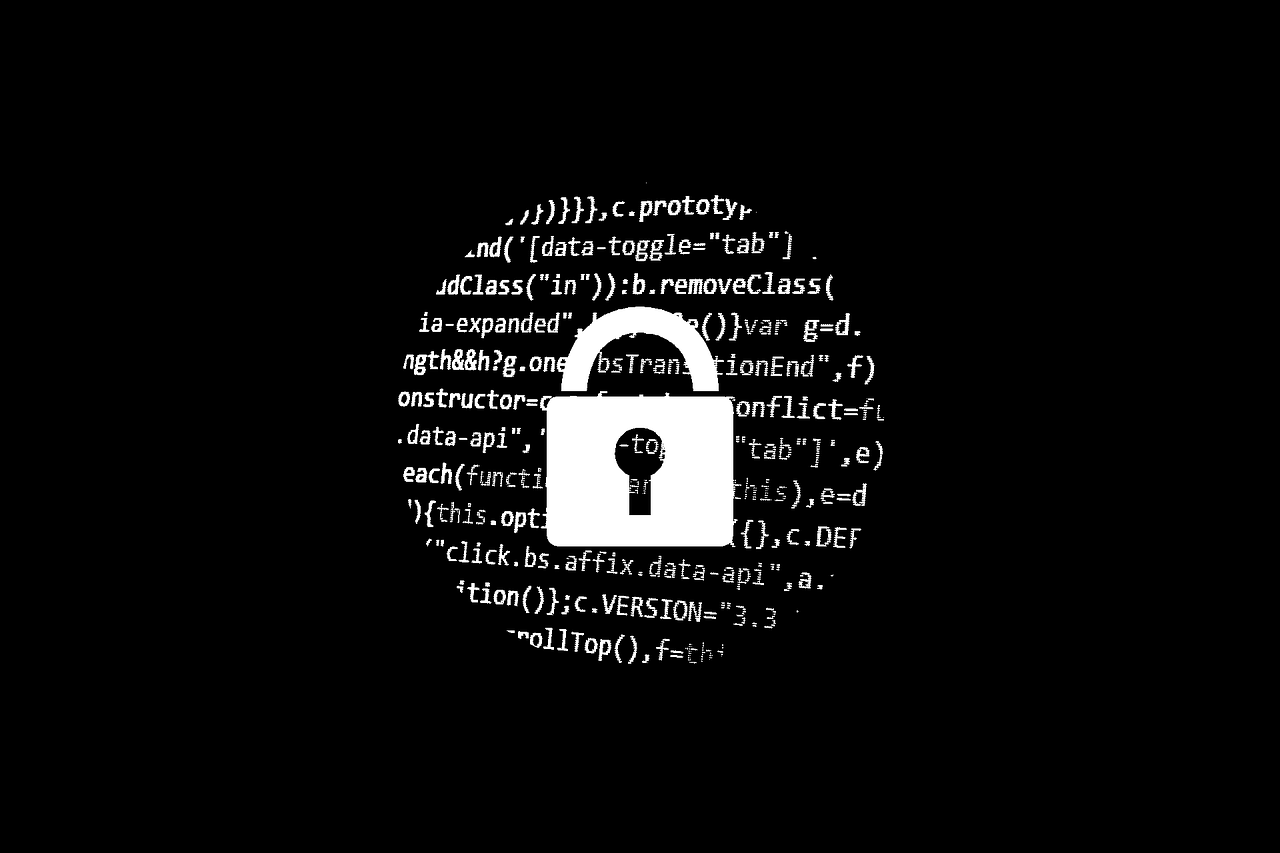As e-commerce transactions grow, cyber attacks may be more relevant, said Jorge Arbesu, Vice President of Product in the Cyber and Intelligence area of MasterCard.
In a meeting with media, he stressed that the biggest vulnerability point for cyber attacks is the lack of financial education of users, as criminals take advantage of failures, such as opening emails from unknown recipients and not paying attention to their passwords, among others.
However, he pointed out that MasterCard does not want to leave all the responsibility to users, so from this company, leader in global payments, we work on greater security and reliability of transactions.
He explained that in the Latin American region, since 2016, e-commerce grew from 126 million people to 156 million, and that online payments will be 55% by 2021. In this scenario, he said, Mexico will have a weight important by the number of transactions that are carried out digitally.
He explained that this trend towards more digital transactions on face-to-face payments is due to the fact that the Millennial generation, which in a few years will generate the greatest expense and consumption, is made up of digital natives who opt more for online purchases.
Jorge Arbesu assured that as the e-commerce grows, the criminals run to more sophisticated tactics to infiltrate.
He noted that the main challenges in this area are: authentication to know that who is doing the transactions is actually the client; and implement greater tokenization in transactions, with more dynamic elements, among other measures that include artificial intelligence to know the behavior of users.
He considered that, in addition to greater education, there should also be an industry standard as there is today with the cards as far as the chip is concerned.
He mentioned that MasterCard, for example, offers security in operations through artificial intelligence, which provides more accuracy in payment approvals.
Regarding the users, the MasterCard manager made some recommendations such as: not giving the card number to people whose security is not known and not opening unsolicited emails.
He recalled that banks do not request confidential information about the cards, in addition to urging users to change passwords on a regular basis and that is not the same in all accounts; as well as trying to make them easy to remember, but at the same time combine different numbers, letters and symbols.
The National Commission for the Protection and Defense of Users of Financial Services has warned of the increase in the number of frauds, such as identity theft. Also in recent months there have been cases of hacking in the systems of some banks, but also in other financial intermediaries such as an insurer and a fintech related to virtual assets more recently.
The authorities and the banking sector have warned that cyber attacks are a problem that is here to stay, so they must act in a coordinated, timely manner, in addition to making significant investments in cybersecurity.

